Yesterday was the right day to take the end-of-year cash donation -- and cookies! -- to the NYPL branch I use the most. They are always so helpful and friendly, getting me inter-library loans and so on for me.
The city around us already was more quiet and empty than I've seen it in years. I spent much of yesterday afternoon outside, despite the chill -- it was invigorating, and I was so grateful to be able to out and about again, after two months of sinus infection.
As sun dropped further south and and east in company with the dropping temperatures, the accumulating clouds hazed the sky, enhancing that silvery light peculiar to Manhattan that I love so much in December. By 3:30 PM nobody local was on the streets except in the food emporiums, supermarkets and liquor stores. Many of the small stores and restaurants were already closed or closing by 4 PM -- many larger restaurants had announcements on the winter vestibules that they would not be open for Christmas Day. This is unusual, in light of the frenzy of the last years, but this is how it used to be here at Christmas.
I walked through Washington Square Park, which I've about given up walking through, so packed with tourists it is all the time. Hardly anyone there except a few parents with their kids on the playground.
And then -- I saw -- a red tail hawk! It swooped over the western side of the park, picking up a squirrel! That's how empty the park was yesterday afternoon, in contrast to how crowded it is all the time usually -- and so many always feeding the squirrels, the dogs leashed. There are generations of squirrels here now who no longer have the instincts of squirrels that everything is an enemy, and when it's this cold they should be sleeping in their nests. Rather, they will run up to you in packs, and demand you give them food.
I loved being able to walk my old haunts again without the anxiety of being hit by a bicycle, a stroller, a person with head in phone cyberspace. I could take my time, look and think and remember things. This was my first and maybe best Christmas gift this year.
I have a fortune in wonderful Christmas memories that begin from my earliest years. This is because I grew up, for better or worse, within a culture that no longer seems to exist in the U.S., and, even then, was fairly obsolete in most of the rest of the country, which was suburban and urban, not like us who were mostly rural and fairly isolated up on the middle northern prairie boundary between U.S. and Canada.
First, Christmas, the Nativity and Santa were built upon the majority of homesteaders' ancient cultural foundation of Yule. We were Nords and Central Europeans up there. The trees and the food and all the rest -- this is all incorporated into Christmas for us. The season was ice and snow -- classic, White Christmas was expected (white in so many other ways that I now understand too), part of the annual tradition of rituals and weather. It all worked together.
Second, the community of my childhood believed then in the separation of Church and State, basing this on the advisement of the adult Jesus: "Render unto Caesar that which is Caesar's and that unto God which is God's." There was no conflict between the Nativity and Santa Claus. This time of the year in our community, between Thanksgiving and New Year's -- was beautiful, joyeous and -- authentically communal.
* None of those attributes would have been in place, community-wise, without the foundation of the Nativity, i.e. our spiritual beliefs. We were a very old-fashioned rural world when I was young. Human beings picked up when Santa went away or couldn't make it to some homes. Christmas trees and gifts turned up in the homes of kids whose parents were not able to provide this year -- it was the spirit of the Nativity masking as Santa Claus. It was understood by all of us, that without the Nativity, and "Peace on Earth and Good Will to All Men" there would be no Santa Claus.
Maybe that's why I didn't quite believe my mom when she told me Santa Claus didn't exist -- though I had no trouble with not believing in the Easter Bunny.
My childhood memories of celebrating it all, from church to community to toys under the tree are very precious. As well, in those days, at least where I grew up, toys came only at Christmas, with much smaller exceptions for our birthdays, which is unthinkable and unimaginable for my nieces and nephews.
Besides, I
saw Santa, out my bedroom's frost scrowled window pane on the second floor of our farm house when I was about four, in his sleigh pulled through the Christmas Eve night sky by the reindeer. He woke me with "Ho Ho Ho, Merry Christmas, Foxessa!"
When he flew over the moon I pattered down those scary, freezing stairs, over the cold kitchen floor, through the dining room, to the living room, where the stove was lit, the room was warm and where the Christmas tree was. The lights of the tree were on -- and underneath were piles of presents!
I surely hallucinated - dreamed Santa out of the tremendous excitement and anticipation, but the tree was real and so were the presents. This is probably why it took me another couple of years after Mom told me there was no Santa Claus to believe it.
We're having a wonderful holiday and wish the same for everyone.
Peace on Earth
Good Will To All
-----------------
* This was so much the doing of the women in our community, as inter-connected as they were, of whatever religious denomination, as they came together in the public school system of PTA, the local Homemakers' Clubs, the Square Dancing Clubs, and many other civic institutions. As they were the backbones of their congregations, tThey were the backbone of all the civic institutions, even the Veterans Club, and the other 'men's institutions that ranged from various Lodges to Agricultural organizations.




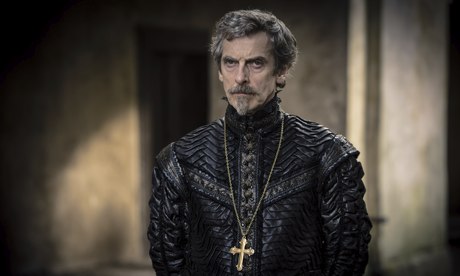



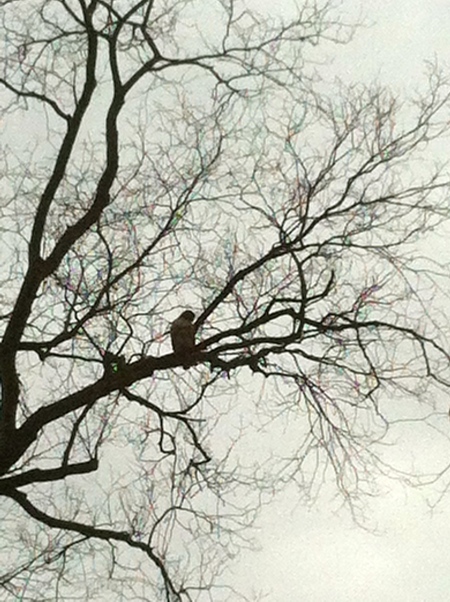






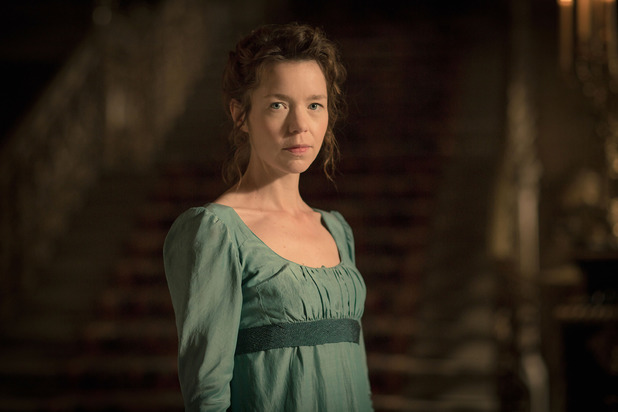
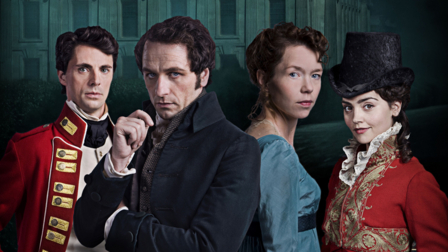

.jpg/280px-LG-Delinquents_(310).jpg)

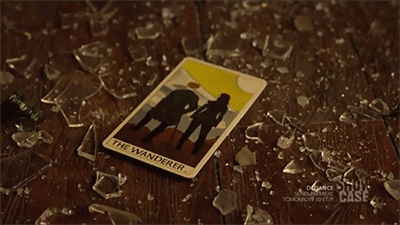






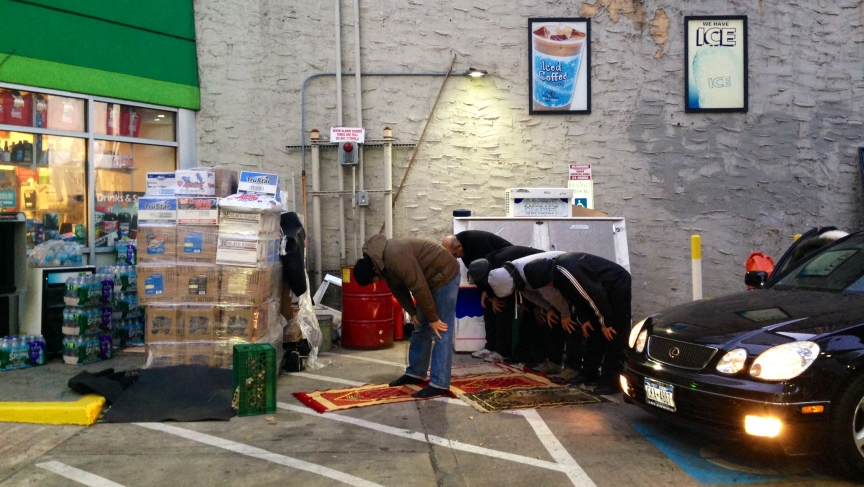









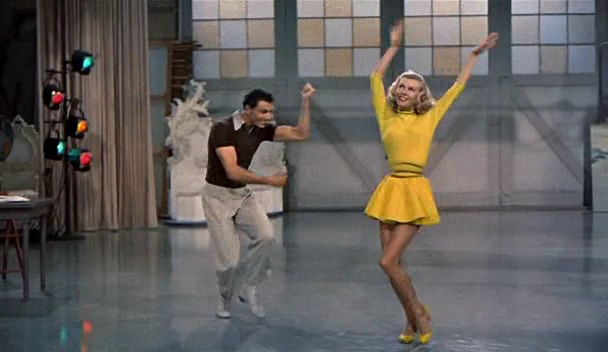





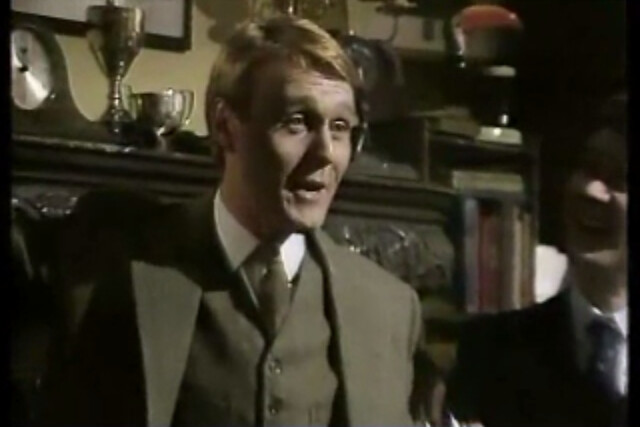






However it is also important because it shows clearly what a lot of people do not like to accept (perhaps influenced by the "Paltrowisation" of Emma), what a little bitch she is.
The Coles are coming up in the world but their origins are in trade:
This last bit is important. Emma doesn't just not want to go to the party, she wants her refusal of a hypothetical invitation (which in the first part of that passage she has decided is too presumptuous to occur) to be understood to be a slap that puts them in their place. It is truly horrible behaviour.
It is also intellectually dishonest. Emma claims that she thinks that they will hardly presume to invite the best families. But she doesn't really think this because she knows fine well that there is only one person silly and snobbish enough to refuse in Highbury. Because in the next line:
So she is perfectly well aware that the other most "respectable" people, including the major landowner Mr Knightley, are not going to help her slap the Cole's down.
Time passes and her invitation doesn't arrive. According to the forgoing she ought to be pleased by this. The Cole's have not presumed to invite the superior Miss Woodhouse. But of course she is not. She is a bit put out, in fact.
Not so much now as to slap the Coles down but because:
So now she is starting to be put out about not getting the invitation that she was put up about the idea of having originally.
Finally the invitation arrives.
So she goes, and she has a good time. But the evolution of her ideas about this are a truly brilliant evocation about the way we delude ourselves, and also shows us why Austen thought she is " a heroine whom no one but myself will much like."
For much of the novel, she is not just a snob but a rather nasty snob capable of looking forward to publicly snubbing people who have done absolutely nothing to her. Without Austen's mastery of free indirect narration it is hard to imagine that anyone would like her. But that mastery is such that the real unpleasantness of Emma's snobbery is largely masked.